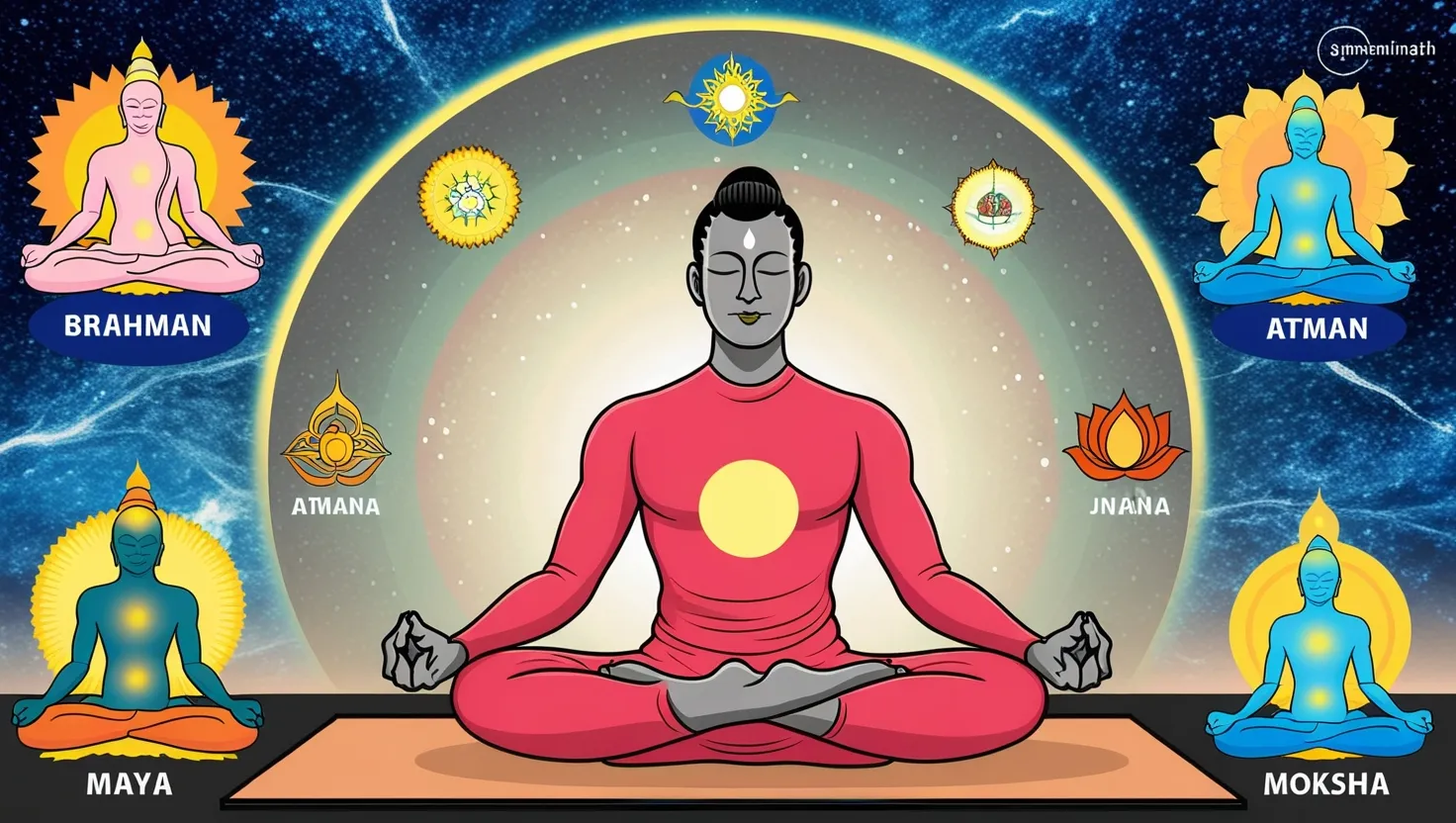Ayurveda, the age-old Indian medicine system, has been rocking the health scene for thousands of years. It’s an all-encompassing approach, tying together body, mind, and spirit to help folks live their best lives. Think of Ayurveda not just as medicine, but as a lifestyle that syncs you up with nature and keeps you in balance.
At the heart of Ayurveda are three life forces, or doshas: Vata, Pitta, and Kapha. Everyone has a unique mix of these doshas, influencing their health and well-being. Ayurvedic experts use this info to create personalized diets, herbal remedies, yoga routines, and meditation practices, making sure everyone can stay in their natural groove.
One of the coolest things about Ayurveda is how it tackles chronic diseases that stump modern medicine. Stuff like cancer, diabetes, arthritis, and asthma have all been managed with Ayurvedic treatments. It’s also got a track record for handling lifestyle diseases and mental health issues, making it a great complement to regular medical approaches.
Even though it’s ancient, Ayurveda is making serious waves today. More Ayurvedic centers are popping up, and it’s getting integrated into wellness industries and academic studies. This comeback is partly because people are realizing the downsides of synthetic drugs, like nasty side effects, high costs, and antibiotic resistance.
In our fast-paced world, Ayurveda’s holistic vibe is super appealing. It pushes for a lifestyle that aligns with nature and individual health needs, going beyond treating illnesses to actually preventing them with a balanced lifestyle. Folks love the focus on natural healing methods, like herbal remedies and meditation, as sustainable health solutions.
Ayurveda’s history is pretty epic, dating back to the 2nd Century BC. Rooted in ancient Hindu teachings, it has evolved over centuries but stayed true to its core principles.
Despite its awesomeness, Ayurveda struggles to get full scientific cred. Many of its treatments lack the rigorous scientific validation needed for global acceptance. That’s why there’s a big push for evidence-based research to back up Ayurvedic principles and treatments. This is key for making Ayurveda a go-to health option worldwide.
Recently, there’s been a big shift in Ayurvedic research. Scientists are honing in on better methods to make Ayurveda more evidence-based, covering everything from literary studies to drug research to clinical trials. This is encouraging more young researchers to dive into Ayurveda and help its growth.
Ayurveda is undoubtedly relevant today. With rising healthcare costs making conventional treatments unaffordable for many, Ayurveda offers a budget-friendly, sustainable alternative. It reminds us that natural healing should be our first move rather than jumping straight to drugs.
In essence, Ayurveda is more than a medical system—it’s a lifestyle offering comprehensive health solutions. Its ancient wisdom, paired with modern research, has the power to change healthcare as we know it. As we keep digging into and validating Ayurvedic principles, it’s set to bridge the gap between age-old wisdom and today’s health needs.






